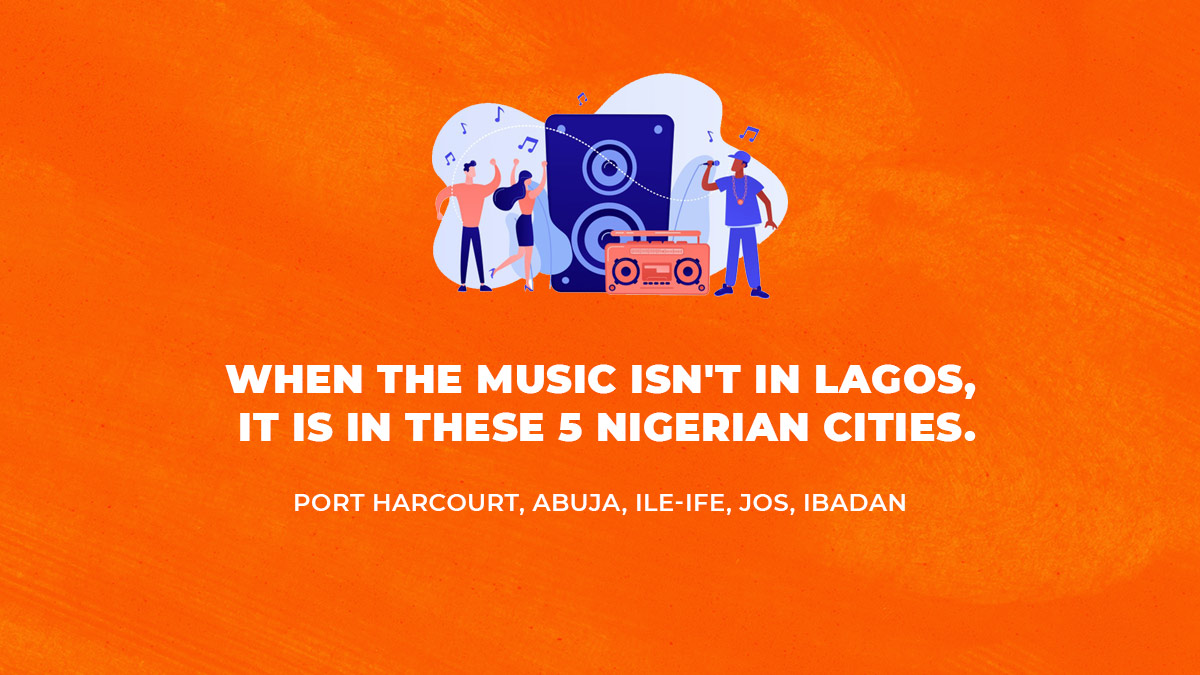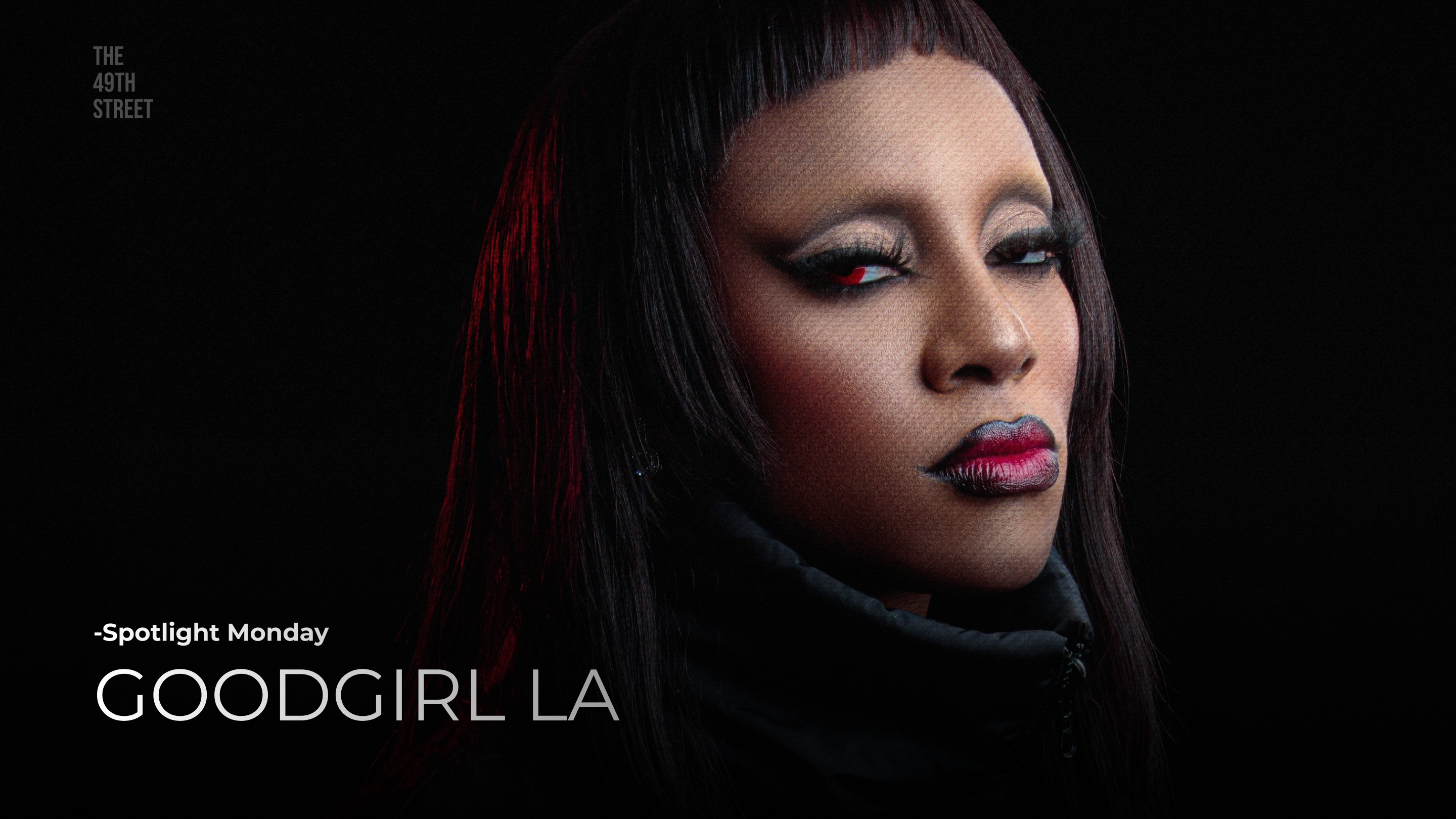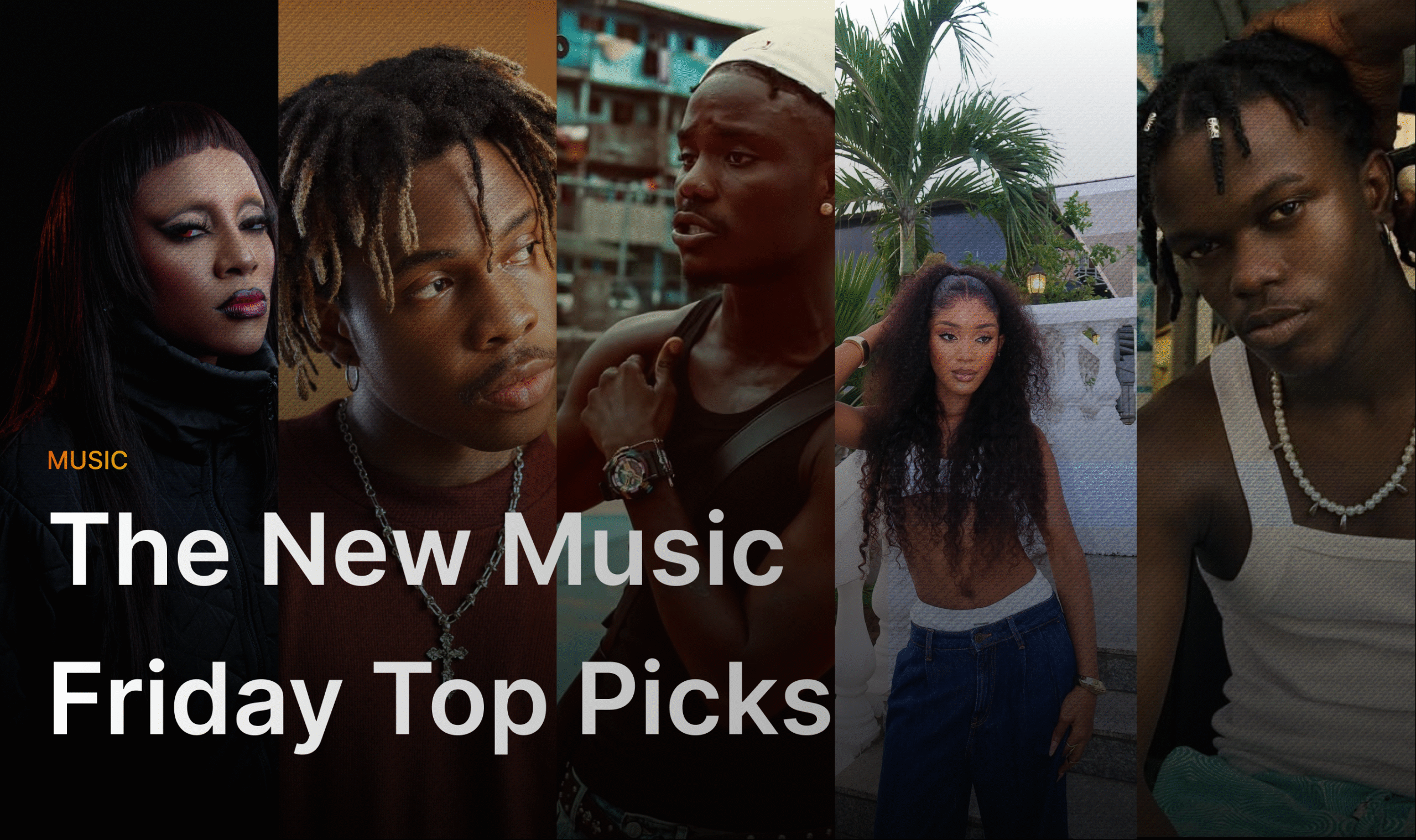If you think of a city that represents Nigerian music or Afrobeats, your first thoughts turn to Lagos. The fact is, you’re not wrong for thinking it. Lagos is such an important location for the culture. With a metropolitan population of nearly 15 million according to Macrotrends estimates, it presents the perfect springboard to launch a career in showbiz. Other factors like access to prominent markets, access to resources, and a buzzing nightlife culture make the allure of Lagos a little more irresistible.
However, history and facts have shown that some of Nigeria’s greatest exports have established their roots elsewhere. Also, as supreme as Lagos seems, several other cities have the infrastructure to support creativity and have indeed done so in times past. Here are a few of those cities.
Port Harcourt, Rivers State
Yo @Omah_Lay left PH first time in his life this year, left Nigeria first time this year, had multiple number 1’s this year, first Africa Rising Cover artist. #Greatness
— Bizzleosikoya.eth (@bizzleosikoya) December 15, 2020
The above is perhaps the most fitting prelude to the impact Port Harcourt has on the Nigerian music industry. For as many times Lagos gets the credit, many fail to see that in some regard, Port Harcourt was talents breeding ground. From Duncan Mighty, Timaya, Waconzy, Burna Boy to Mercy Chinwo, Muma Gee, and a host of others, Port Harcourt has proved that breaking out there is as good as anywhere else.
It is important to ask why Port Harcourt rivals Lagos in some regard. The city has significant radio listenership, one of the liveliest club scenes in the country, and a production quality that ensured that some of the biggest songs in Nigeria from 2008-2010 were from PH. Fast forward to 2020, and Port Harcourt still has Omah Lays Get Layd as proof of the city’s cultural importance.
You should get on board with the PH program. Rising acts from the city include Ajebo Hustlers, Murz, Barzani, Rindss, Abstract Veen, Merry-Lynn, and several others.
Abuja, Federal Capital Territory
In February 2020, Abuja based hip-hop artiste, Psycho YP noted:
I’ve been to Lagos maybe 3 times in my life. And I still [can] do what I do.
The fact that the same artiste received a Headies nod in the Best Rap Album category is a testament to the fact that Abuja has a thriving music scene.
Abuja was deliberately built in the 1980s to replace Lagos. Well, this didn’t work out because Lagos had Fela, several clubs, and was home to a strong middle class (financially enabled to spend on purchasing records and attending festivals). However, the city’s creation story was not an exercise in futility.
In terms of its metropolitan population, Abuja has over 3 million people. It initially seems like it’s not a lot however, it creates an opportunity for artistes with niche markets. Asides from the big concerts hosted by big bag promoters and top Nigerian acts, Abuja is also home to several artistes that are attempting to make Abuja an alternative music hub. This is perhaps one of the reasons why Tay Iwar, Sute Iwar, Efe Oraka, Jon Ogah, Cef, Jessica Bongos, and Lady Donli have cult followings. The new wave of artistes from the capital city are Azanti, Monty, Jess ETA, Grove, Zilla Oaks, and more.
Ile Ife, Osun State
It’s easy to discount the slow-paced, sparsely populated city in the grand scheme of things. Especially because Lagos seems to be the backdrop behind most comparisons. Well, you can hold your horses as I attempt to make a case for Ile Ife.
Think Fireboy DML. Think Blaqbonez. Think Chinko Ekun. They’re all impressive creatives. They all had to have come from somewhere— that place is Ile Ife. Home to Obafemi Awolowo University, and perhaps the singular catalyst behind its inclusion in this listicle, Ile Ife is the reason we can discuss several songwriters and artistes at length today.
From a buzzing nightlife scene capable of catering to independent acts (when the University is in session) to an established community of creatives at different stages of the creative process (production, mixing, styling, distribution, and promotion), the city and the University is an A&R or talent scouts dream. If you’re a big fan of rising acts or you’re looking to catch the next wave earlier than everyone else, you should listen to Fave, Zamorra, Zaman, Asake, Jaido P, and Genesys.
Jos, Plateau State
Maybe not as prominent as it once was but worth the mention. Jos is home to some legendary first starts. The only northern/middle belt entry on this list. The great music culture was buoyed up by the array of talents that continued to emerge from the city.
From the legendary P Square to Choc Boys (MI Abaga, Jesse Jagz, and Ice Prince) to producers like SizzlePro and E Kelly, the city has demonstrated that it could be a great incubator for talent. However, for constraints like access to an audience, access to capital, civil unrest, and its dwindling nightlife culture— the last decade has been marginally disadvantageous to the city. Right now and sadly so, the city seems tame but that doesn’t detract from the amount of talent it’s capable of producing.
If you’re interested in fresh talent from Jos, Pablo and R&B/Soul artiste Sal Ly are set to become inducted into the league of J Town wunderkinds.
Ibadan, Oyo State
Ibadan has a nightlife culture that could easily rival Lagos. With a population of 6 million, it stands as the third-most populous city in Nigeria (after Kano and Lagos). It presents significant cost savings in the cost of living compared to Ibadan— this is attractive to a middle class that is slowly shifting outside Lagos.
There’s no way to discuss the music of Nigeria without mentioning Tope Alabi or Obesere. It makes for a very lopsided discourse. All 3 have very strong roots in Ibadan. All 3 have taken different genres of music to a global audience.
In 2020, Obesere videos resurfaced on the internet and everybody started chanting “egungun be kiaful”. In his heyday, Obesere was a culture reset. Laying the groundwork for making obscenity regular. Your initial reaction to Naira Marley probably pales in comparison to those of your parents. Obesere and fellow Fuji legend Saheed Osupa (also big in the city) elevated the genre. The next generation of acts set to take the culture forward are Vader the Wildcard, Sir Bastien, Moss, Tobi Laud, Eri Ife, Aktheking, Wallz, and several more.
If you’re still in doubt about Ibadan’s influence on what we regard as our music culture today, you only need to pay attention to Tope Alabi. For context, in 2019 Tope Alabi had the most streamed song on BoomPlay. She had 2 of those in the top 10. In September 2020, she hit 20 million streams on BoomPlay. This can be summed up in one word— impact.





